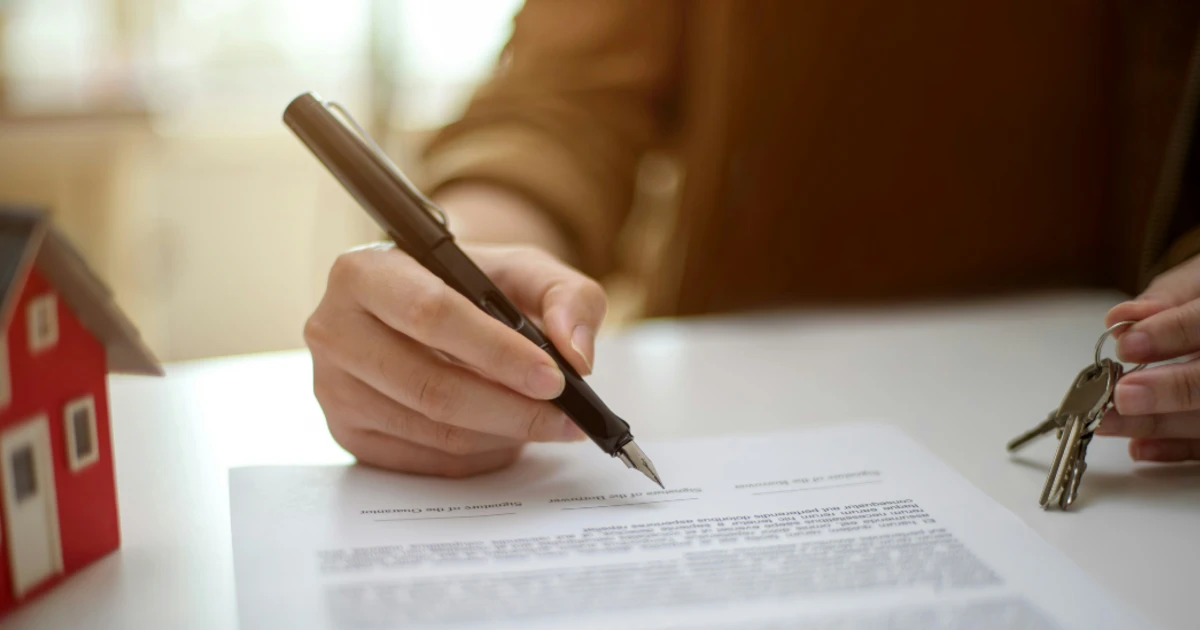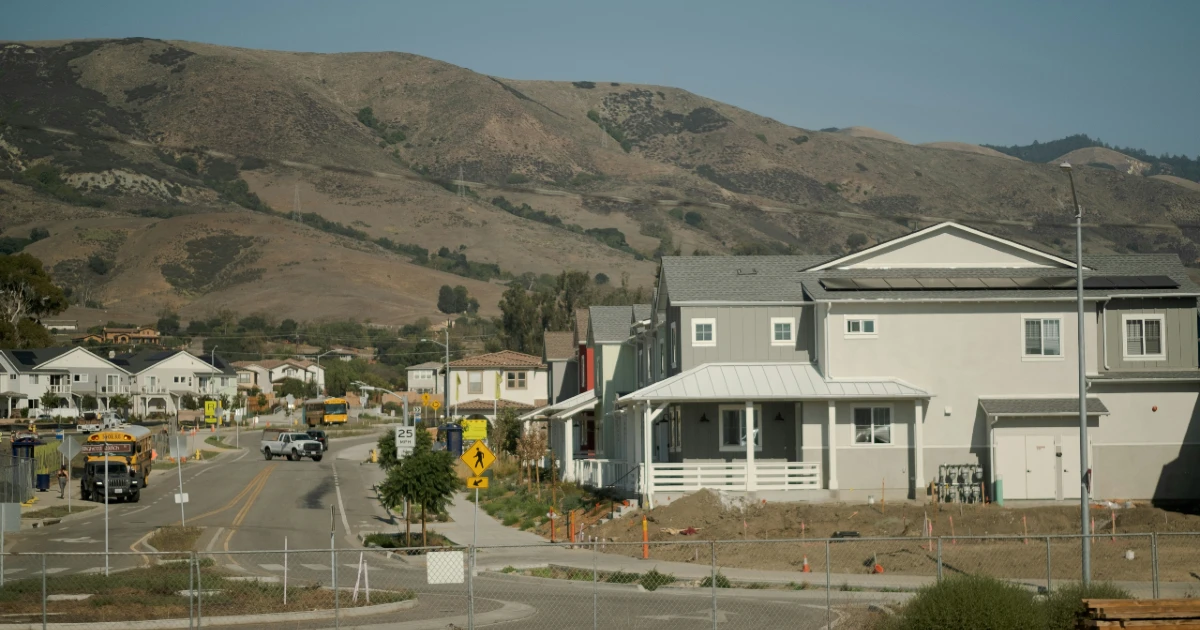Navigating The Landlord Insurance Maze
As a landlord, you need to keep your property and income safe. Getting the right insurance is an important part of this protection. But because there are so many choices, it might be hard to know where to start. This is especially true when comparing landlord insurance to insurance for people who own their own homes. In this blog post, we'll look at the main differences between these two types of insurance and help you choose the right one for your rentals.
First, let's look at what an insurance policy for a landlord usually covers. These policies are made just for rental properties and protect the building itself as well as any personal items that are available for tenants to use. Some examples are appliances, carpets, and window treatments. Liability coverage is also part of a landlord insurance policy, in case a renter or visitor gets hurt on the property.
Landlord Insurance vs Homeowners Insurance
On the other hand, homeowners insurance is made for people who live in their own homes. Even though it can protect landlords in some ways, it is not made for the risks and needs of rental properties. For example, a homeowner's insurance policy might not cover damage caused by renters or might have limits on how much personal property is covered.
Related Reading: How Much Does Landlord Insurance Cost in Each State?
How To Choose The Best Coverage For Your Rental
So, how do you choose the best rental insurance? First, think about the risks and needs of each of your properties. Think about things like the age and condition of the buildings, the kind of tenants you have, and where the buildings are. Then, look at what different landlord insurance policies cover and how much they cover. Make sure to look for insurance policies that offer the right amount of protection for your needs and are sold by reputable insurance companies.
When looking for the best policy for your property, you should also think about the following risks:
- Property damage: Risks include fire, natural disasters, and damage caused by tenants.
- Liability: Risks include injuries to tenants or visitors on the property, as well as damage caused by tenants to neighboring properties.
- Income loss: Risks include vacancy or loss of rental income due to tenant nonpayment or eviction.
- Legal issues: Risks include disputes with tenants over lease agreements, eviction proceedings, and discrimination claims.
- Maintenance and repair costs: Risks include unexpected repairs, maintenance issues, and compliance with building codes and regulations.
- Natural disasters: Risks include flood, Hurricane, Earthquake, Tornado, and other natural hazards.
- Environmental hazards : Risks include asbestos, lead paint, and mold on the property that could lead to legal action.
It's important to remember that these are just some examples, and that the risks can change depending on the location, type of rental property, and type of tenants. It's important for landlords to look at the risks that come with their rental properties and find insurance policies that cover and protect them.
Choosing The Right Landlord Insurance Policy
It's also important to shop around and get quotes from different insurance companies. This will help you find the best deals and find the best rates.
When looking for landlord insurance, you should look for the following:
- Coverage: Look for a policy that provides the necessary coverage for your specific rental property risks. This might include coverage for property damage, liability, income loss, and legal issues.
- Limits: Make sure the policy provides adequate limits for each type of coverage.
- Exclusions: Be aware of any exclusions or limitations in the policy. For example, some policies may not cover damage caused by tenants or may have limits on the amount of coverage for personal property.
- Deductibles: Look at the policy deductibles and make sure they are reasonable and affordable.
- Reputation: Look for insurance companies with a good reputation, and check their financial stability.
- Additional coverage options: look for additional coverage options that you might need like natural disaster coverage and other endorsements.
- Cost: Compare rates and policies from multiple insurance companies to find the most competitive rates.
- Claims process: Look into the process of filing claims and make sure it is easy and efficient.
- Customer service: Make sure the insurance company you are considering has responsive customer service and can be easily contacted in case of an emergency.
It's also a good idea to look at your insurance needs every so often, since your rental properties, tenants, and other things can change over time. As a landlord, it's important to make sure you have the right insurance to protect your property and income.
By knowing the main differences between landlord insurance and homeowners insurance and finding the best coverage for your needs, you can make sure you are well protected against possible risks and losses.






.png)
.jpg)
.jpg)


.png)